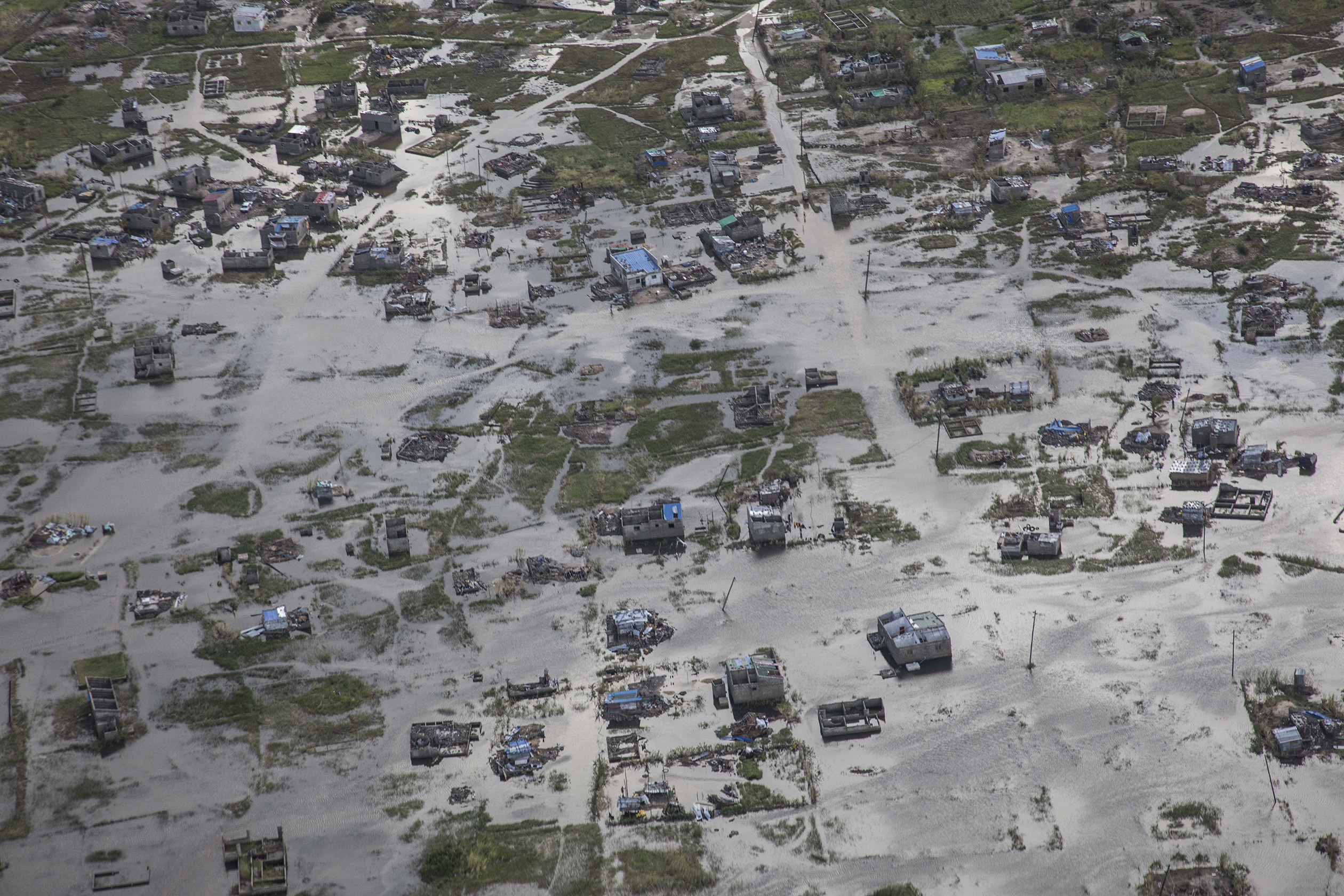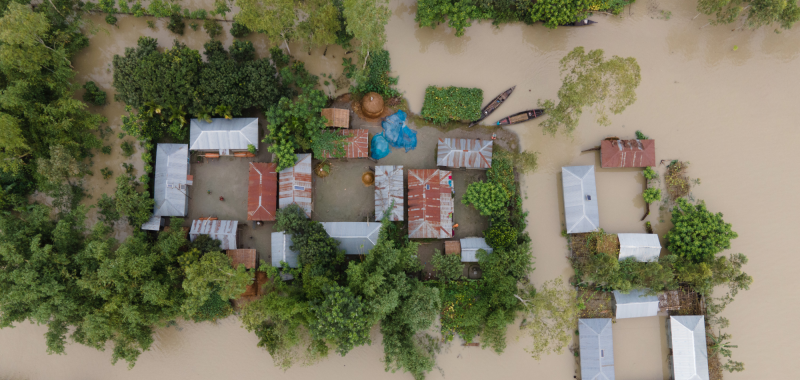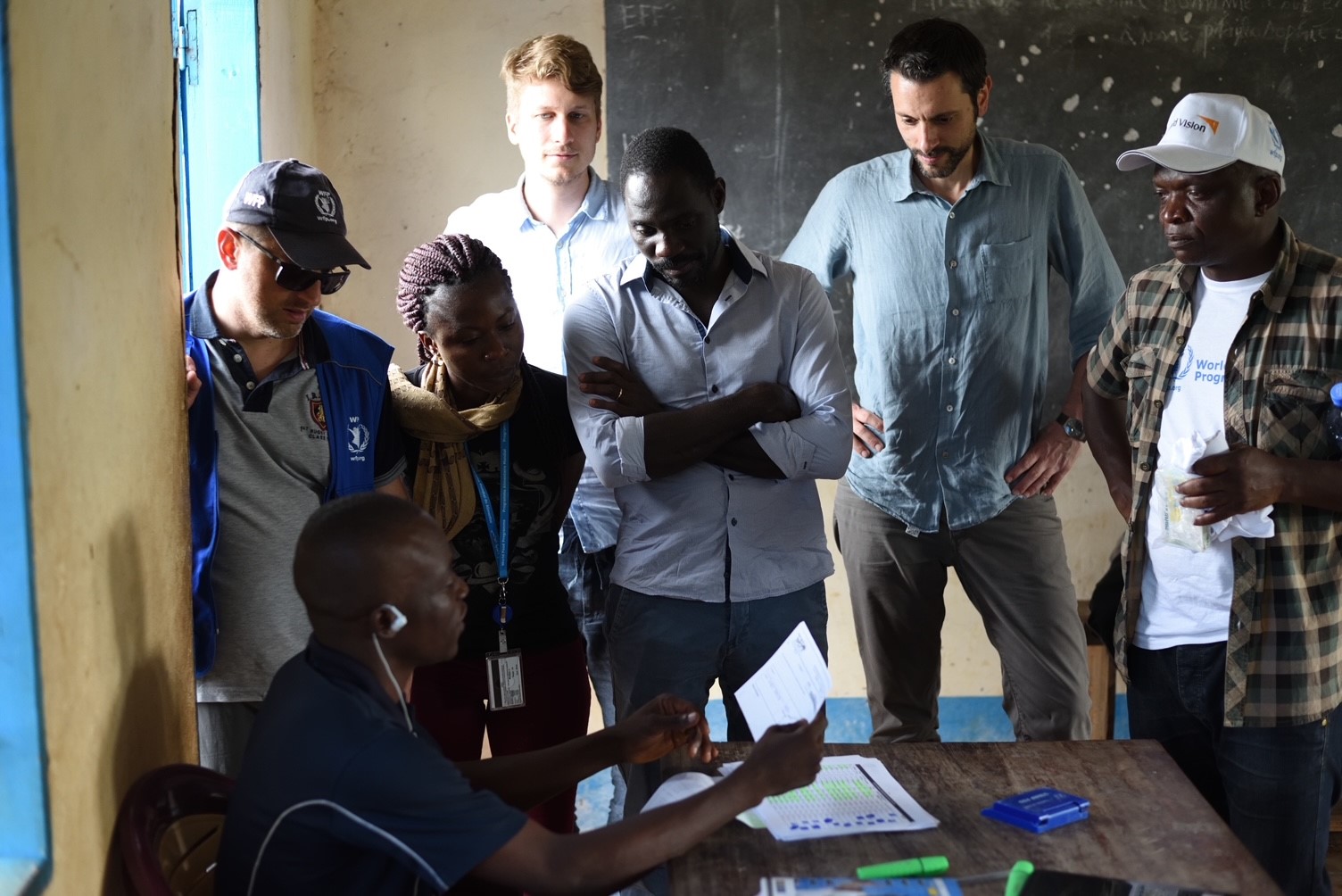Climate-related, political or economic crises can severely impact local economies and food security. Rapid and accurate data analysis is essential for effective response, but often hindered by time, physical and financial constraints.




SHAPES (Shock and Assistance Platform for Economic Simulations) is WFP's modelling platform that uses simulations to assess the food security outcomes of shocks and assistance for early warning and anticipatory action, advocacy and programme design.
Climate-related, political or economic crises can severely impact local economies and food security. Rapid and accurate data analysis is essential for effective response, but often hindered by time, physical and financial constraints.

SHAPES is an advanced analytics platform that assesses the impact of WFP interventions on households and the local economy during shocks. It evaluates WFP’s assistance by simulating different aid strategies, transfer values and targeting decisions. The platform integrates diverse data sources, including household surveys, market prices, assistance records and satellite data.
Using sophisticated modeling techniques, SHAPES quantifies climatic shocks, predicts household responses to price and income fluctuations and projects the impacts on food security. Additionally, the platform explores various scenarios to assess the trade-offs between different operational options, enabling more informed decision-making

SHAPES has cut emergency assessment times from six months to three and drastically accelerated platform setup for new WFP country offices, from one month per country to three days. This shift reduces costs from US$204,600 to US$20,460 across six countries, unlocking US$184,140 in savings. Scaling to 20 countries could free over US$600,000 and critical resources. SHAPES is also evolving to tackle emerging challenges, such as projecting displacement trends in Lebanon within weeks.
SHAPES aims to expand to all large-scale WFP operations in 120 countries and territories across the world, demonstrating its substantial impact and potential in global crisis management.
